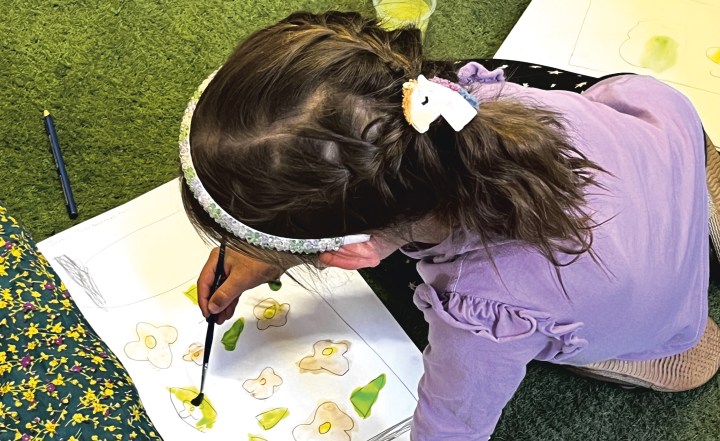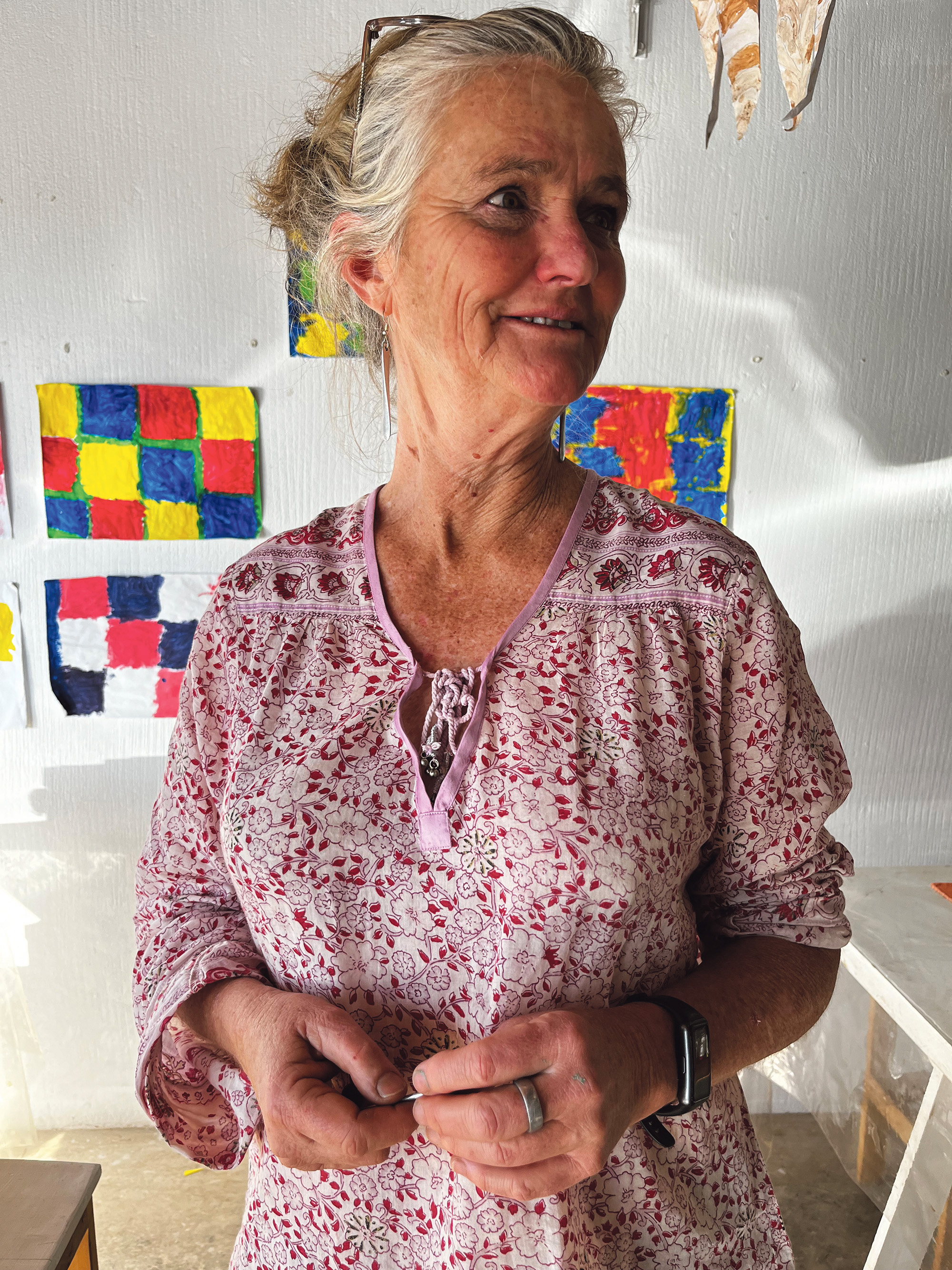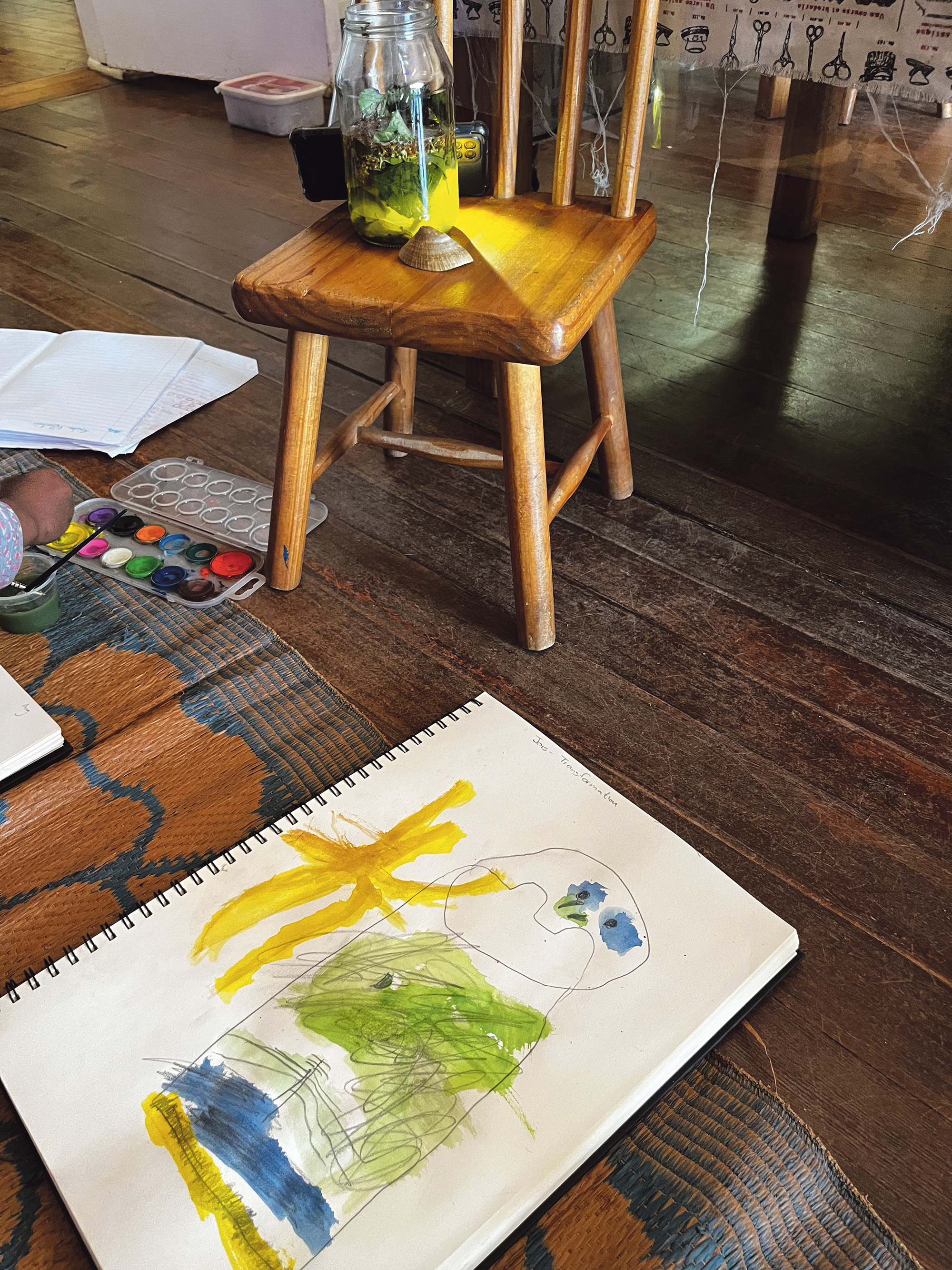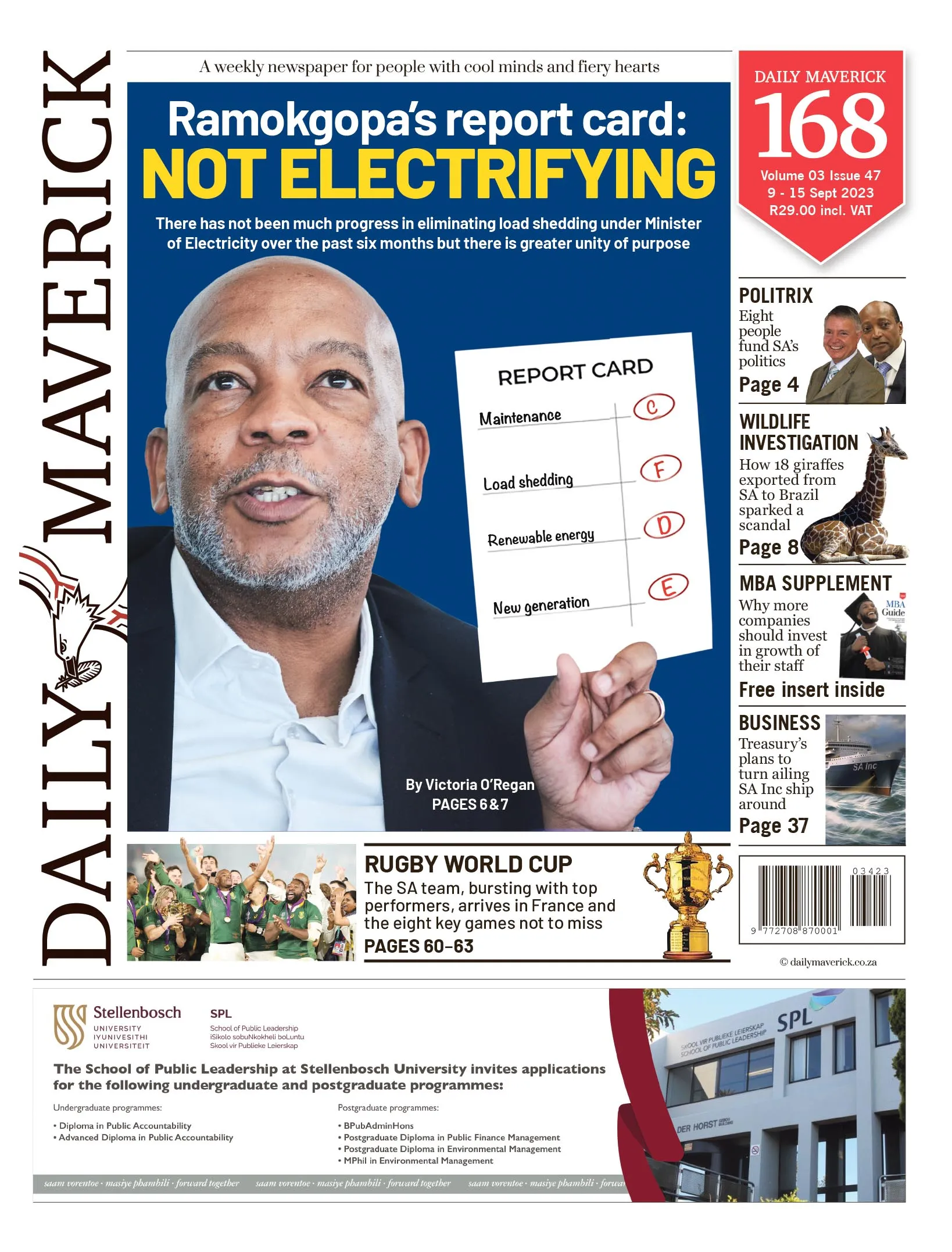ALTERNATIVE LEARNING
Children become the tutors at Joburg school inspired by special Reggio teaching techniques

With an emphasis on creativity, dialogue and community, schools based on the Italian educational concept eschew tests and report cards for play, learner-led activities and careful listening.
A small village in Northern Italy, Reggio Emilia, is influencing educational perspectives around the world. Founded by Loris Malaguuzzi, the first municipal Reggio school was opened in 1963. The founders believed that children should be provided multiple opportunities to work through their own ideas. Children are encouraged to show their understanding of the world and their ideas through various representations. They are able to revisit their representations later and, if their work isn’t what they thought it should be, they can change it.
The Reggio Emilia curriculum approach is based on the idea of children at the heart of the curriculum, as the developers of the curriculum. These ideas are informed by social constructivism, which sees children as strong and capable of co-constructing their own understanding through dialogue and experiences with each other. By respectfully considering each person’s perspective and carefully listening to other children’s contributions to learning, children learn to respect each other and the wider community.
I was fortunate to spend a day at Mimosa School in Auckland Park. Here Heather Barclay leads a school deeply influenced by the Reggio philosophy. Barclay explains that children are seen as “knowledge bearers”, so they are encouraged to share their thoughts and ideas about everything they do during the day. “The child is an active constructor of knowledge,” she says. Rather than being seen as recipients of instruction, children have the active role of an apprentice, and this role also extends to that of a researcher.
We were invited to join Barclay at a table under the trees when we arrived at the school. She was meeting with parents who were finding a solution to morning drop-off challenges. Together they set out to find solutions.

Principal Heather Barclay. (Photo: Supplied)
Learning and expression
Most of the teaching in Reggio school takes place in the form of projects where children have opportunities to explore, observe, hypothesise, question and discuss to clarify their understanding. Children are seen as social beings and attention is paid to the child in relation to other children, the family, the teachers and the community rather than on each child in isolation. At Mimosa, there are two teachers with each class, one who speaks isiZulu, and this is part of the school’s language immersion programme. The children hear and speak isiZulu throughout the day.
I observed Ann Simmonds and Nomaswazi Bovu’s class. In the morning, during circle time, the teachers caught up with the children and discussed their plans for the day. In the preceding days, these four-year-olds had filled glass jars and vases with different materials and added some coloured water. Their task was to draw what they saw and then to use watercolours to capture the colour. The children worked for over an hour and a half to complete the task. They shared ideas and some discussed more than others. Beautiful pieces of work began to emerge and incredibly, some children captured the luminosity created with torches shone on jars.
Simmonds explains that there is no set curriculum and that teachers build on the idea that children are naturally curious and competent, and set up activities that build on the students’ interests. Children follow their curiosity and engage in the activities while teachers direct their exploration.
A couple of weeks ago, the children were on the hill below the Brixton Tower learning about watersheds. “Planning takes a bottom-up approach, as teachers create the curriculum with the students.” Barclay adds that “based on the students’ interests, teachers will set up activities around a topic or theme, and teachers will follow the students’ interests until the students have learned everything they want to know”.
I really like the idea of the 100 languages of children. It emphasises the belief that children have 100 different ways of expressing themselves: 100 languages through which they can communicate, learn and construct knowledge.

The children capture light. (Photo: Supplied)
Reggio philosophy
Malaguzzi, the founder of the approach, explains that there are infinite ways that children can express, explore and connect their thoughts, feelings and imaginings. These languages are symbolic and express the endless potential of children. They recognise the potential of a child’s ability to wonder and see things differently.
There are posters on the walls that explain the roles of different people in a Reggio school: “The Reggio teacher is a guide to the child’s learning through nurturing their curiosity, providing a hypothesis and solving problems.”
The poster goes on to explain that the teacher is “a researcher so that they can lend knowledge and expertise to the children”. Teachers document what is going on by listening to children, recording their activities, displaying their work and revisiting previous projects. Teachers are also seen as advocates for children by being involved in the community, knowing politics related to children and speaking up for children when needed.
In the Reggio tradition, the school incorporates natural light and indoor plants. Mirrors on the walls, floors and ceilings, lights, photographs and children’s work cover the walls of the school. Displays of project work are interspersed with found objects and other classroom materials.
Barclay, together with her team and parents, has integrated their classroom space with the surrounding environment. “The importance of the environment is central,” she explains. “This supports complex, varied, sustained and changing relationships between people, the world of experience, ideas and the ways ideas are expressed.”
There are no formal tests or exams at the school. Teachers inquire and listen closely to the children, then carefully document and present the thinking of the students. An example of documentation might be a book or panel with the student’s words, drawings and photographs. Some of these are seen around the school. Teachers get together and reflect on thinking and feelings. They also reflect on their own work, which helps them make changes. Information is also regularly shared with parents keeping them informed about their child’s learning experience. DM
Dr Mark Potterton works at Dominican Convent School and is the director of the Three2Six Refugee Children’s education project.
This story first appeared in our weekly Daily Maverick 168 newspaper, which is available countrywide for R29.




















 Become an Insider
Become an Insider
Comments - Please login in order to comment.